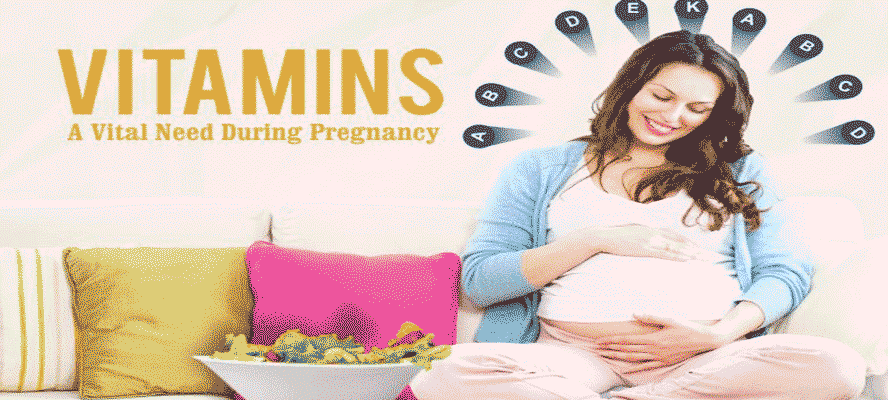Pregnancy can be one of the most thrilling experiences in a womans life. It makes perfect sense to have mixed feelings about this major life event. Indeed, conception makes the independent girl of yesterday gush through a roller coaster ride of emotions; anxious to fit in her changing self. Her personality changes from walking shoulder to shoulder with the life partner, to become a person, needing emotional and physical support from the loved ones. Amid this unrest, is the continuous feeling of the formation of a new life inside the body, with half of her genome








